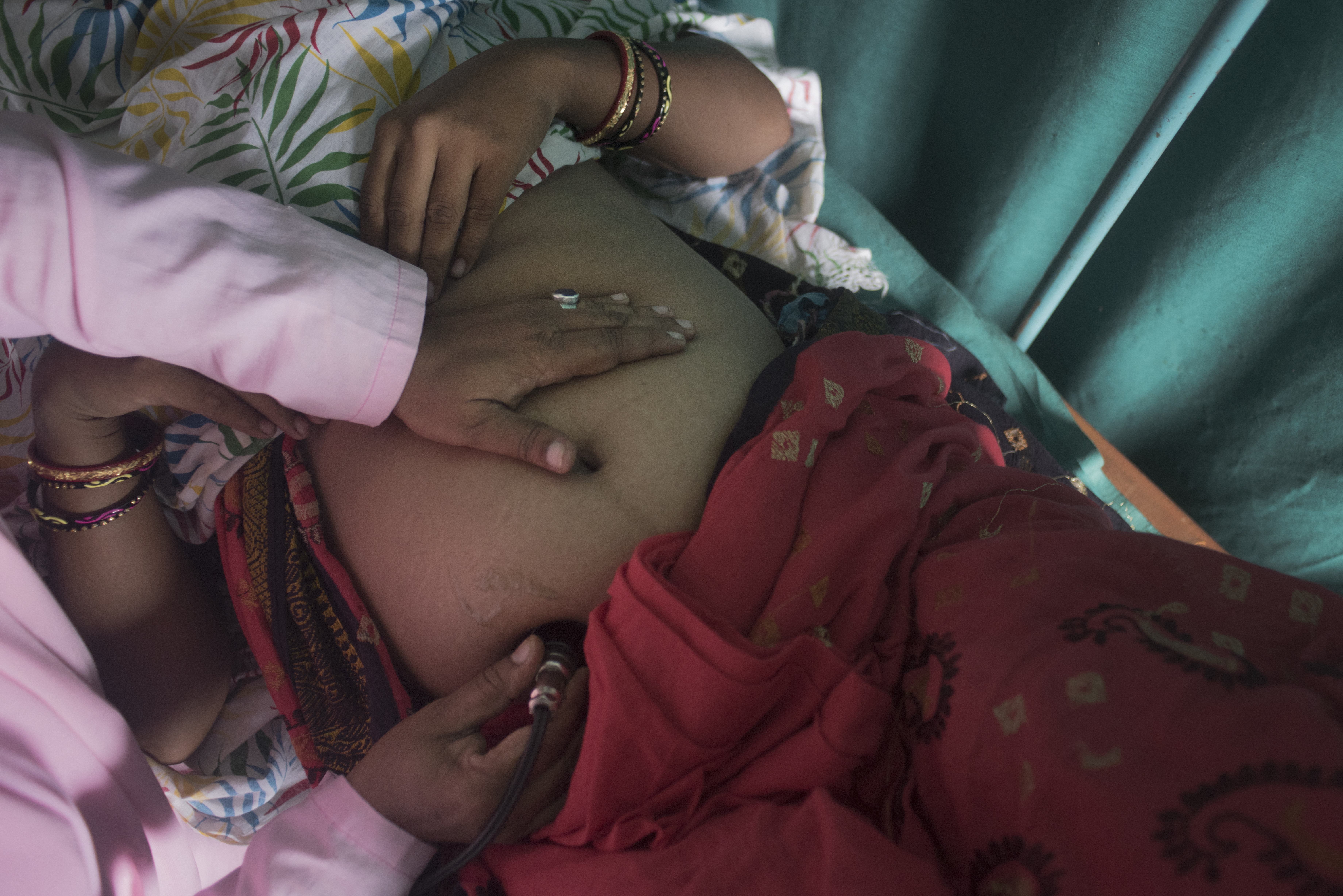Join our Community of Practice
Who are we?
Welcome to the Transport & Referral for maternal, newborn, and child health (MNCH) Community of Practice (CoP).
We're a worldwide community who share one fundamental goal:
To advance transport and referral practices for mothers, newborns, and children in low- and middle-income countries.
By joining us, you will become part of a vibrant and passionate online community. We aim to bring you monthly webinars, opportunities for exchange and technical assistance, and a platform for members to discuss latest evidence and practices with leading experts.
Join the Transport and Referral Community of Practice now →
Key resources
Newsletters
- Sign up to our mailing list
-
Subscribe to the Transport and Referral Community of Practice mailing list
- Past newsletters
-
https://mailchi.mp/701637fb382e/transport-and-referral-cop-newsletter-1
Events
Upcoming events
Event recordings
- 17 April - Maternal and newborn deaths during transportation to and between health facilities: results from a review of Global MPDSR reports
- 20 March 2024 - Maternity Waiting Homes. Are they an essential part of a strategy improve access to quality maternal and newborn care in LMIC Countries?
- 21 February 2024 - Using closer-to-reality travel time data from Google to support building of more equitable health systems in the largest cities of Nigeria
- 19 July 2023 - Addressing Emergency Referral in the EmONC Revisioning
- July 2021 - Maternity Waiting Homes
- June 2021 - Developing networks of health facilities for improving access to EmONC
- May 2021 - Time to update the three delays model from a women's empowerment perspective?
Related projects
- The OnTIME Consortium
-
The aim of this group is to contribute to global efforts to reduce maternal mortality by generating closer-to-reality assessments of geographic access gaps to critical maternal health services.
For details of this this project including recent publications please visit the OnTIME Consortium's website.
LSHTM contact: Dr Aduragbemi Banke-Thomas
Want to get in contact?
Email us at transportandreferral@lshtm.ac.uk

